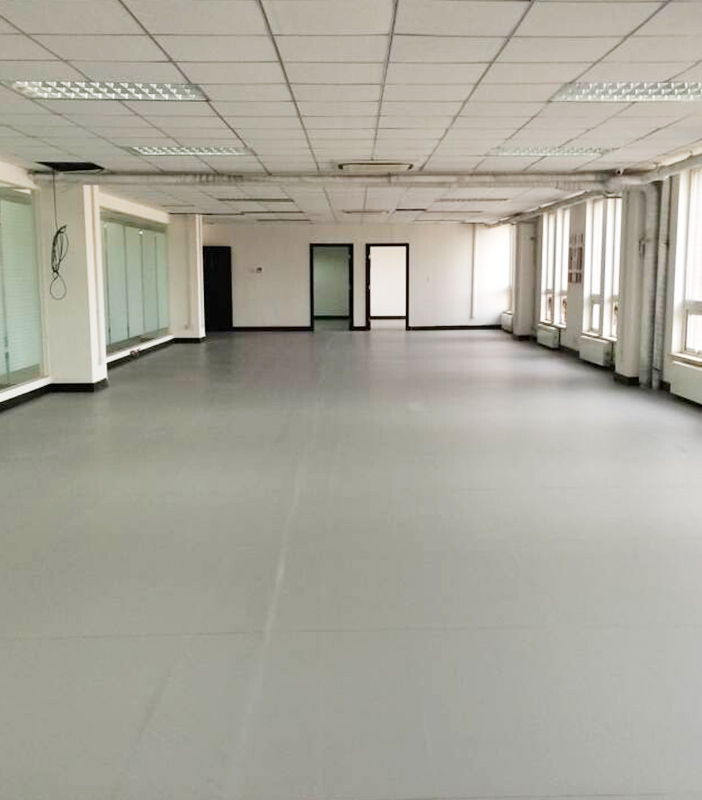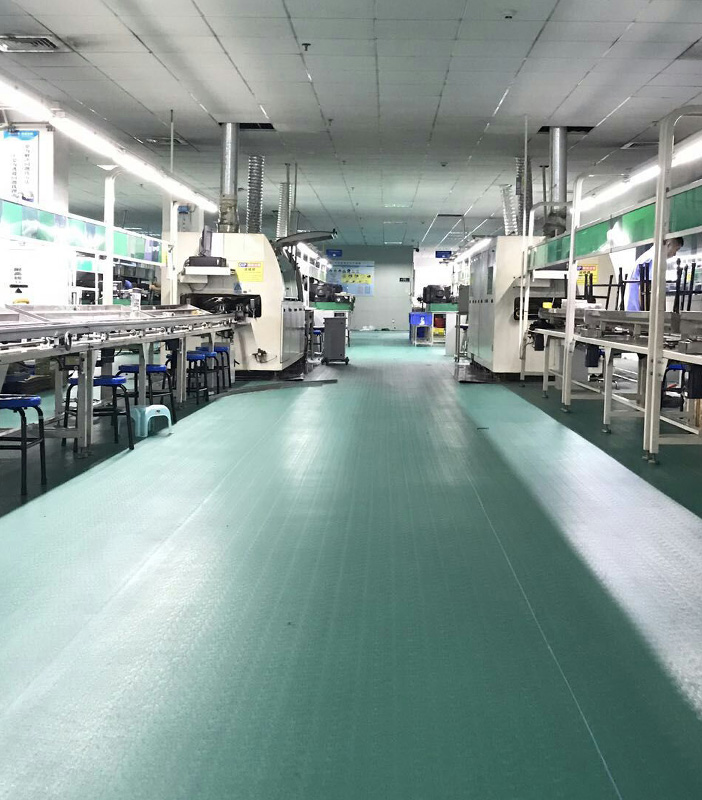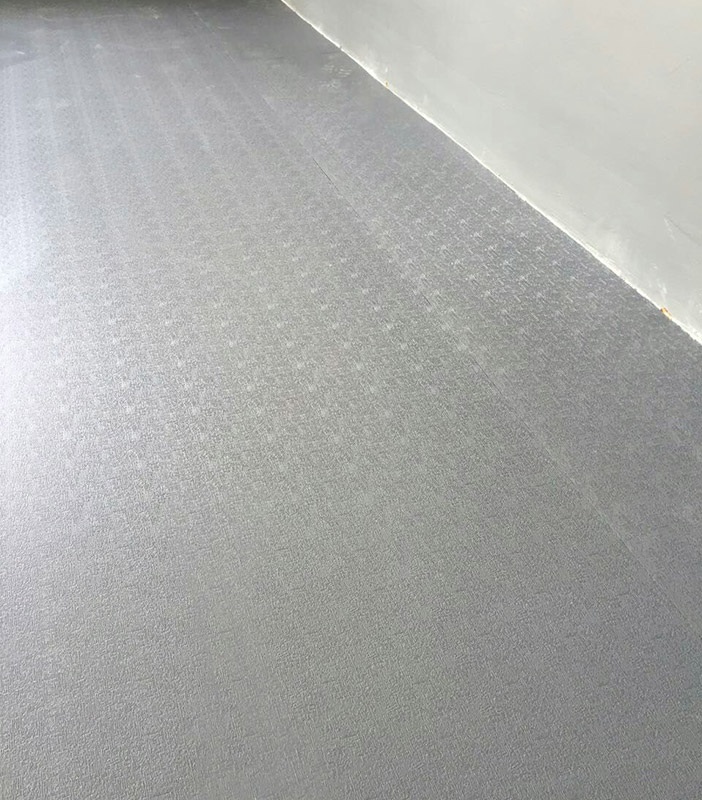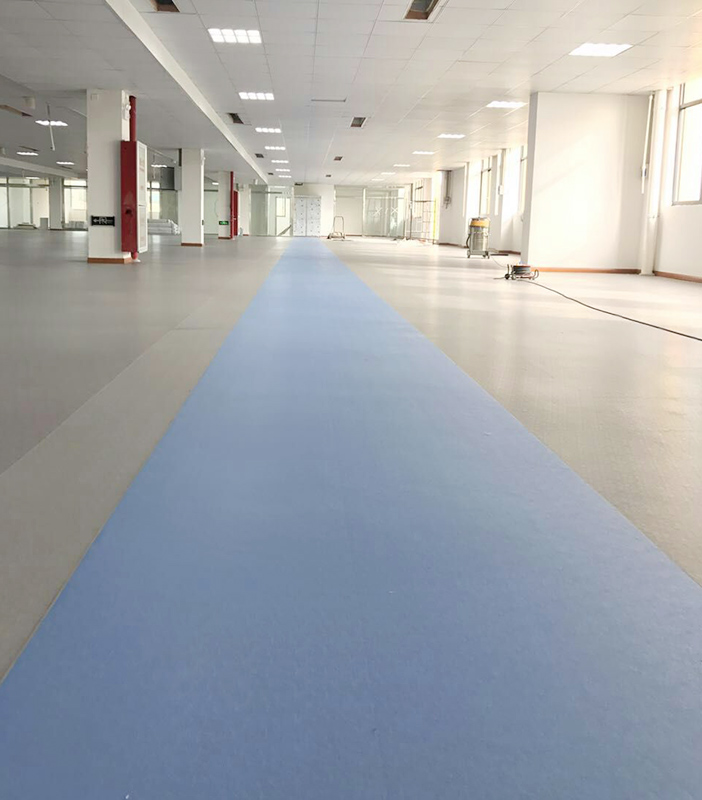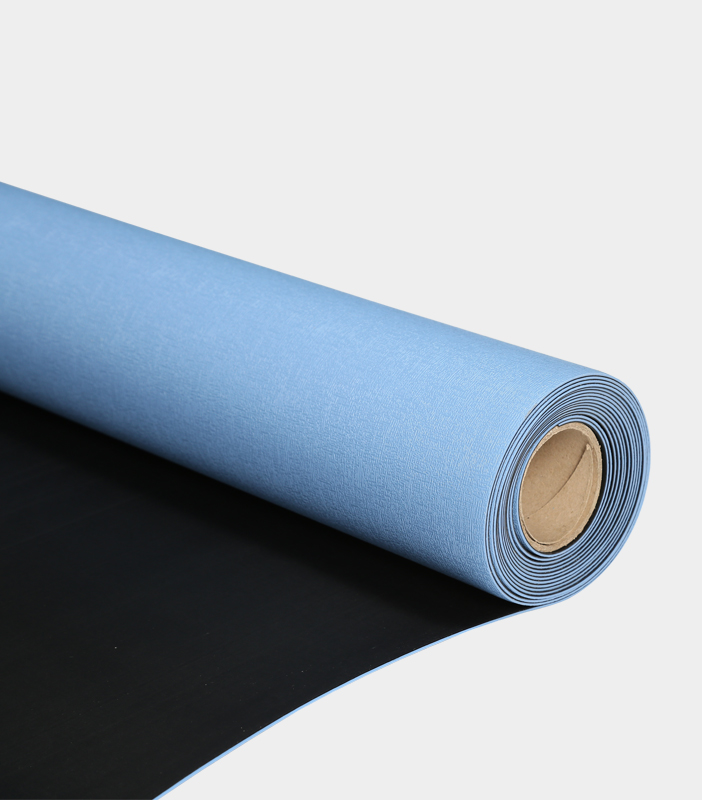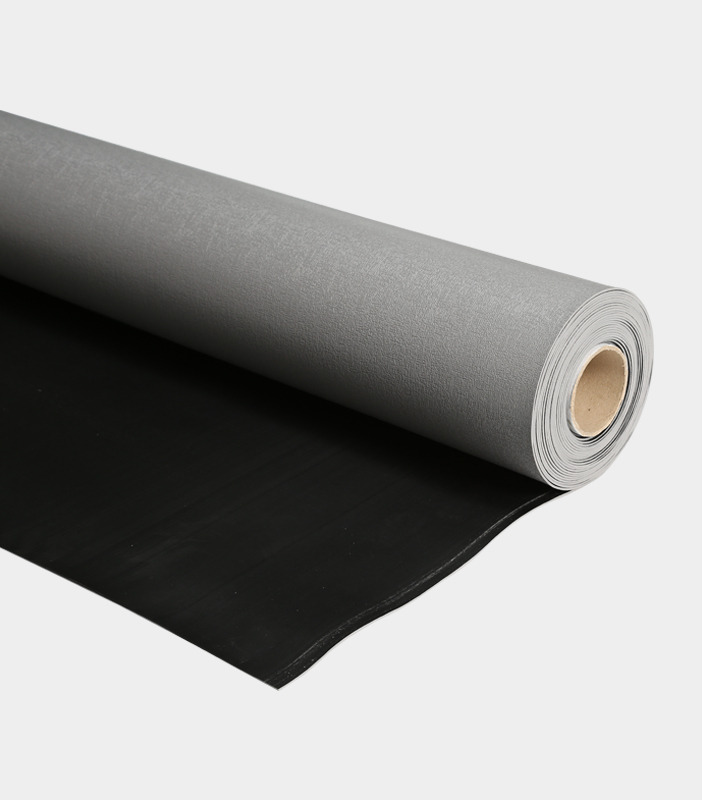Fire-resistant flooring, also known as fireproof flooring, is designed to resist the spread of flames and the release of toxic fumes in the event of a fire. It plays a crucial role in slowing down the progression of fires, which can buy valuable time for evacuation and minimize property damage. Fire-resistant flooring is especially significant in commercial settings where large numbers of people gather and valuable equipment is housed.
One of the key attributes of fire-resistant flooring is its ability to withstand high temperatures. These floor coverings are typically made from materials that have been tested and certified for their fire-resistant properties. Here are some common types of fire-resistant flooring materials:
1. Ceramic Tiles: Ceramic tiles are known for their excellent fire resistance. They are durable, easy to clean, and can be used in various commercial spaces.
2. Concrete: Concrete floors, when properly sealed and treated, offer substantial fire resistance. They are commonly found in industrial settings and warehouses.
3. Fire-Rated Carpets: Special fire-rated carpets are designed to meet stringent fire safety standards. They are often used in commercial spaces like hotels and office buildings where aesthetics are important.
4. Specialty Coatings: Some floor coatings are engineered to provide fire resistance. These coatings can be applied over existing floors, providing a fire-resistant barrier.
Fire-safe flooring goes hand in hand with fire-resistant flooring, as it encompasses not only the materials but also the installation and maintenance practices that ensure a safe environment.
1. Fire-Safe Installation Practices: When installing fire-resistant flooring, it's crucial to follow industry best practices. This includes using fire-resistant adhesives and ensuring that there are no gaps or vulnerabilities that could compromise the floor's fire-resistant properties.
2. Regular Maintenance: Fire-safe flooring requires regular maintenance to ensure it remains effective. This includes inspecting for damage or wear, promptly repairing any issues, and cleaning with appropriate, non-combustible cleaning agents.
3. Compliance with Regulations: Commercial enterprises and facilities must adhere to local building codes and safety regulations. Fire-resistant and fire-safe flooring solutions should meet or exceed these requirements to ensure compliance.
Fire-resistant flooring and fire-safe flooring solutions find applications across a wide range of commercial settings. Here are a few notable examples:
1. Hotels and Hospitality: In hotels and other hospitality venues, fire-resistant carpets are often used in public areas and guest rooms to enhance safety and compliance with fire codes.
2. Office Buildings: Commercial office spaces benefit from fire-resistant flooring, particularly in common areas, corridors, and stairwells, where the rapid spread of fire could be catastrophic.
3. Retail Establishments: Retail stores often utilize fire-resistant flooring to protect both customers and valuable merchandise.
4. Warehouses and Industrial Facilities: Industrial environments rely on fire-resistant concrete flooring to provide protection in the event of chemical spills or fire outbreaks.
5. Healthcare Facilities: Hospitals and healthcare facilities prioritize safety, making fire-resistant flooring an essential choice, especially in critical care areas.
6. Educational Institutions: Schools and universities choose fire-resistant flooring to protect students and staff in case of emergencies.
The fire-resistant flooring and fire-safe flooring solutions are indispensable elements in safeguarding commercial enterprises and facilities. Their fire-resistant properties, coupled with proper installation and maintenance, offer peace of mind, protect lives, and preserve assets. Whether it's a hotel, office building, warehouse, or healthcare facility, the investment in fire-resistant flooring is a commitment to safety that no responsible business can afford to overlook. Prioritizing fire safety through the choice of flooring materials is not just a legal obligation but a moral imperative for any commercial enterprise.

 简体中文
简体中文 English
English España
España Deutsch
Deutsch